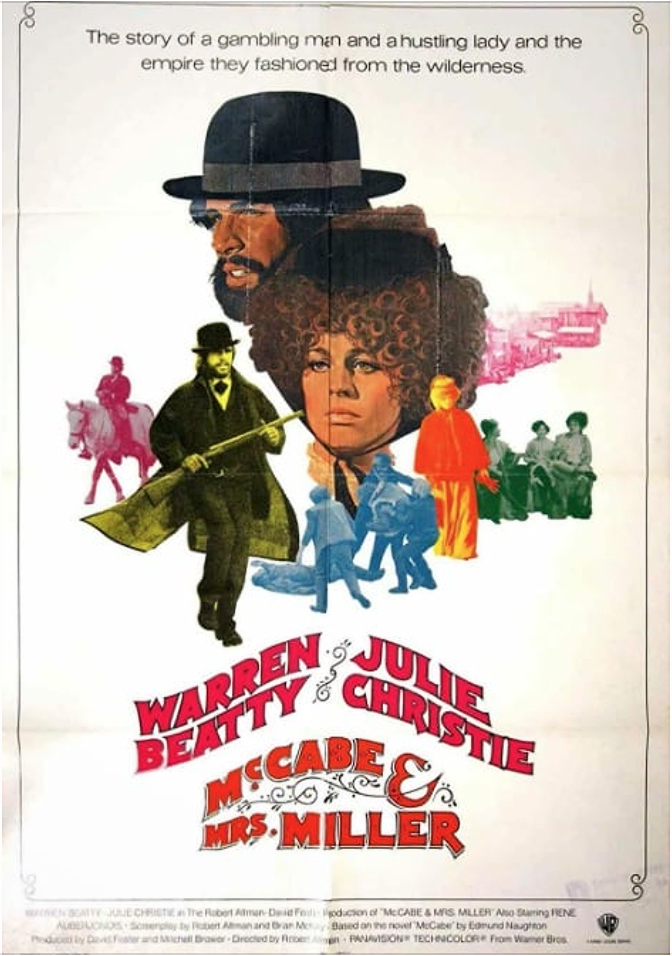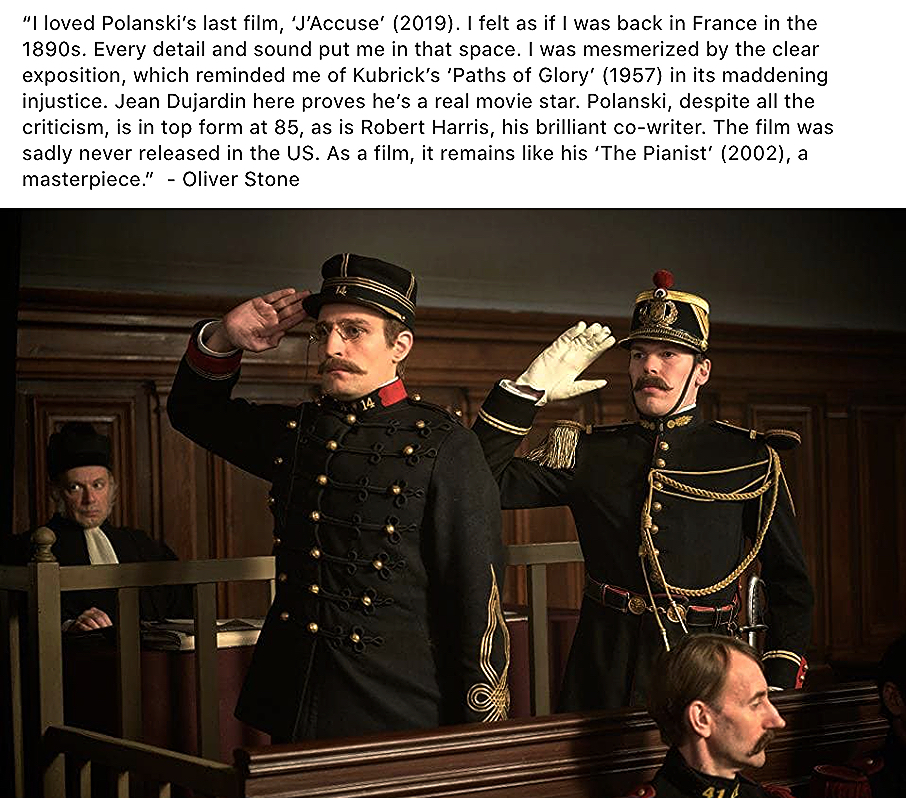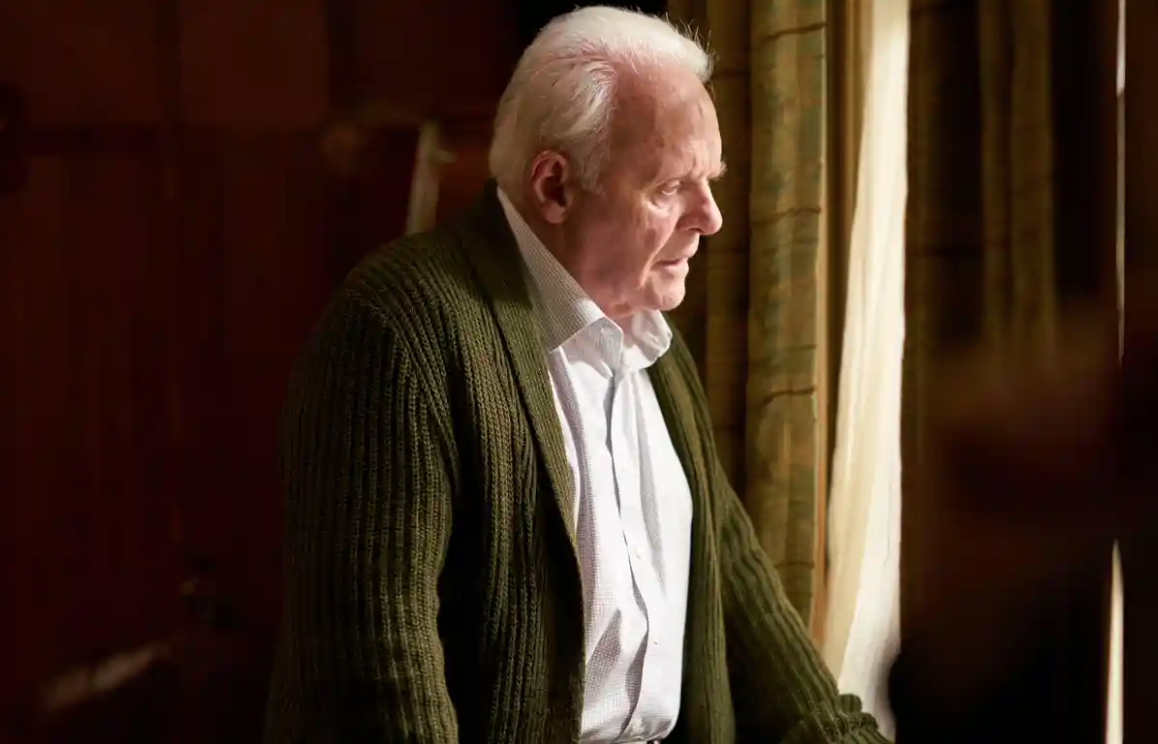And why Chadwick Boseman‘s Ma Rainey performance, due respect, wasn’t even in the same league.
Month: April 2021
Raw Deal
I’m sorry but Oslo (HBO, 5.29), J. T. Rogers and Bartlett Sher‘s film (originally a 2016 play) about the backchannel process that led to the Oslo Peace Accords of ’93 and ’95 strikes me as Israeli propaganda, or not much more than that.
However welcome and applauded they may have been 26 and 28 years ago, the Oslo Accords were an incremental step in a long process that has steadily been about Palestinian disenfranchisement, oppression, humiliation and generally getting the shit end of the stick.
The Oslo Accords ratified a peace agreement between Israelis and Palestinians, founded upon recognition by the Palestine Liberation Organization of the State of Israel (as in “the right to exist”) and a recognition by Israel of the PLO as the representative of the Palestinian people (“self-rule”) and as a partner in negotiations, etc.
The Oslo process was significant in its day, but since then there has been a steady encroachment and usurpation of Palestinian West Bank territory by Israeli settlers and the Israeli military, and the Palestinian pie slices have gotten thinner and thinner.
In 1975 U.N. resolution 3379 declared that Zionism was “a form of racism,” and even though 3379 was renounced in ’91, the ’75 resolution stands as a historical statement of widely-shared opinion.
Today Israel controls well over 60% of the West Bank, and Palestinian economic development has been stymied and/or obstructed. Please watch “Israeli settlements, explained | Settlements Part I,” a 2016 Vox report.



There Must Be A Reason…
I’ve just watched these two scenes from Brian DePalma‘s Carlito’s Way (’93), and they seemed fresh as a daisy. Here’s the reason: I have excellent recall of the films I like and therefore want to recall. I’ve therefore remembered almost nothing about Carlito’s Way. I didn’t hate it, mind — I was “meh.”
I’ve seen it exactly once, and I remember two things about it — (a) Sean Penn‘s light brown frizzy Jewfro (i.e., Alan Dershowitz) and (b) Al Pacino hiding from the bad guys on an going-down escalator by lying down on a going-up parallel escalator.
From “De Palma Getting Gold-Watch Treatment,” posted on 9.10.15: “DePalma was a truly exciting, must-watch director from the late ’60s to mid ’70s (Greetings to The Phantom of the Paradise to Carrie), and an exasperating, occasionally intriguing director from the late ’70s to mid ’90s (Dressed To Kill, Scarface, The Untouchables, Carlito’s Way, Mission: Impossible, Snake Eyes).
“De Palma is one of the most committed and relentless enemies of logic of all time. For a great director he has an astonishing allegiance to nonsensical plotting and dialogue that would choke a horse. I tried to re-watch Blow Out last year — I couldn’t stand it, turned it off. The Fury drove me crazy when I first saw it, although I love the ending. I found much of Dressed To Kill bothersome when it first came out 35 years ago, and to be honest I haven’t watched it since.”
There’s No Beating It
I have to be myself — the sum total of genes and upbringing and opportunities missed and seized, the small percentage of movies I’ve seen (hundreds as opposed to thousands) that are truly bracing or soul-soothing or a combination of both, fortunate good health (genes again), a flood of cultural and political (not to mention sensual, sexual, musical and spiritual) influences, a life of dreams and longings and drudgery and occasional adventure, decades of struggle and hand-to-mouth survival, the “stink of L.A. in your bones” (Charles Bukowski line) and the aromas of Paris, Hanoi, London, exurban Fairfield County, Prague and Savannah, endless car tune-ups and repairs and public transportations, mostly hard work and little slivers of leisure, the stink and horror of Twitter, ups and downs, Italian fashion and European restaurant solace, highs and lows and earphones…it is what it fucking is. A poor thing perhaps, but mine own.
So if the HE package doesn’t rock the rafters of this or that movie-savoring clique or tribe or realm with certain specific agendas and world-views, there’s probably not much I can do about it.
Ongoing Lab Leak
Jordan Ruimy: “Josh Rogin was on Joe Rogan today. The entire episode was about the lab leak. HIGHLY RECOMMENDED. The most thoughtful and concise conversation about the lab leak theory thus far. Your mind will be blown numerous times. Rogin is a Trump hater but he can absolutely separate politics from the lab leak theory and recognize that we have a major problem here.”

Same subject, Bret Weinstein, recorded on 4.19.21:
Happy, Peppy “McCabe”
Everyone knows McCabe and Mrs. Miller is mostly a shadowy, brownish-amber, earthy-looking thang…wood grain, candlelight, gaslamps, misty rain, cloudy skies, muddy streets, fallen snow, a climactic blizzard. Except, that is, in the mind of the sociopath who designed this “happy” poster. The idea was to suggest to would-be viewers that Robert Altman’s 1971 western was an upbeat package with a sunny, robust attitude…pink horse, pink buildings, burnt-orange Julie Christie, green prostitutes, yellow-tint Warren Beatty.

All Fall Down
From a 4.27 Paul Schrader conversation-starter on Facebook: “While progressives and liberals hailed the diverse Academy Awards as an accomplishment, I think many (most?) Americans saw it as an assault on the role of Hollywood in American culture. Can the Oscars ever regain their position as an arbiter of mainstream entertainment?”
Tim Appelo: “Maybe there is no mainstream America henceforth — in movies, TV, music, art, politics, tech has fragmented us into the Formerly United States.
Patrick Stoner: “That is prescient. In spite of the usual political spin, for those of us who have spent a lifetime covering the business, there is no mystery as to why the Oscars have had declining universal appeal (this non-event pandemic year of awards is just an asterisk): As viewing habits have increasingly altered over the past 10 years (with an explosive speedup in the last couple), we no longer are bound to all see at least one of the films nominated. In the past we would share a Godfather, an Argo, etc. but we’ve split into mostly streaming our personal preferences over films we hear we must get out to see. Forget politics. You’re right. It’s tech.”
Oliver Stone on “J’Accuse”
Posted on Facebook by WT Solley (4.25.21, 10:37 am):

It’s been 13 months since I first saw Roman Polanski’s drop-dead masterpiece, and almost 20 months since it opened at the 2019 Venice Film Festival. To the best of my knowledge English subtitles were never available on the Gaumont Bluray, and English-speaking audiences still aren’t allowed to stream it with same because distributors are still fearful of potential #MeToo pushback. (And yet a December 2019 trailer has English subs!)
The path out of this situation is not difficult: The unfortunate history of a flawed artist is one thing, but the art itself is another. Suppressing public access to high-quality art is, to put it mildly, odious — a truly bad look.
From my 3.25.20 review: “J’Accuse has been crafted with absolute surgical genius…a lucid and exacting and spot-on retelling of an infamous episode…a sublime atmospheric and textural recapturing of 1890s ‘belle epoque’ Paris, and such a meticulous, hugely engrossing reconstruction of the Dreyfus affair…a tale told lucidly…a clue-by-clue, layer-by-layer thing.
“You know what J’Accuse is? A bedtime comfort flick — comforting because it’s so damned good.
“It’s my idea of a perfect film in every respect — Polanski and Robert Harris‘s brilliant screenplay, the ace-level production design by Jean Rabasse and art direction by Dominique Moisan, Pawel Edelman‘s naturally lighted cinematography, Alexandre Desplat‘s music…every single element is aces.
Loathsome Animals
The New Yorker has posted an eight-year-old video essay about NRA chief Wayne La Pierre and his wife Susan on a bungled elephant hunt. Every hunting video is disgusting, but this…
After the first elephant drops to the ground, shot by Wayne but alive and groaning, somebody in La Pierre’s party chuckles. Alas, Wayne can’t shoot. It takes three or four more shots to finish the deed. Wayne exhales, grins, accepts congratulations.
Excerpt: “After guides tracked down an elephant for her, Susan killed it, cut off its tail, and held it in the air. ‘Victory!’ she shouted, laughing. ‘That’s my elephant tail. Way cool.'”
Isaacson: “Does Hollywood Need Bullies?”
From a wise and well-written Spectator piece by former Universal senior production and development vp Barry Isaacson, posted six and a half years ago:
“There have always been bullies in Hollywood; it’s institutionalized, like a form of hazing, but the key difference between the film business and the Marine Corps is that bullying in Hollywood is not meant to inculcate esprit de corps; its purpose, for the bully anyway, is to provide confirmation that the hierarchy is working in his favor.”
HE interjection: This is what I’ve been trying to remind Millennial and Zoomers about recently — that Scott Rudin‘s boss-from-hell personality is an historical archetype that is built into the system. Some responses have been “you’re trying to excuse or rationalize!” No — I’m just saying that a certain kind of tough producer brutality has been normalized over the decades.
Back to Isaacson: I was one of the last generation of studio executives at Universal that reported to the old mogul, Lew Wasserman. Wasserman was a physically imposing screamer who had parlayed with gangsters, bootleggers and union enforcers as a supplier of dance bands to illicit nightclubs during Prohibition, so he could terrorize white-collar employees without breaking a sweat.
“This was particularly useful to him one sweltering afternoon in the Valley, when the air conditioning had failed inside the office building known without much affection as The Black Tower. Wasserman lined up several executives in front of his desk and screamed at them for half an hour. He threw pencils at them. He took off his Rolex and shied it at the head of some fellow in distribution. One man, melting in his suit and tie like the others, fainted and collapsed in a heap on the floor. Wasserman continued screaming for another ten minutes. He was known — again without much affection — as ‘Old Yeller’.
“In the 90s the culture changed. Ancient, heterosexual, tough-as-teak depression-era Jewish alpha males like Lew Wasserman became elder statesman and Hollywood became, a little self-consciously at first, almost literary. A new breed of bully emerged; college educated, middle-class by birth, often gay, or female.
“The nastiest bully I ever encountered was a woman who fancied herself a producer because for about five minutes she was married to a Hollywood VIP. Power in Hollywood is often defined as being the prerogative of those who can say yes, but a middle-level studio executive only has the power to say no, which I had to do to this bully every Monday morning for a year, after the scripts she submitted to me the previous Friday had been laughed out of the executive conference room that morning.
“Upon hearing ‘no’, she screamed, she threatened, she even tried a skeevy form of bullying flirtatiousness — all to no avail. So she called my bosses and whined about me. One Monday lunchtime, after licking my wounds, I was waiting for a table at The Grill in Beverly Hills, a restaurant very popular with the industry expense-account crowd. Noticing my tormentor standing in front of me, my stomach lurched, as it did whenever I had to talk to her, meet with her or think about her. Luckily she was too annoyed not to have been seated right away to notice me, or Kevin Costner — at that moment indisputably the biggest movie star in the world — who was waiting quietly for his table ahead of her in the line. Seconds later, she stalked over to the maitre d’ and yelled ‘Do you know who I am?’
“There have always been bullies in Hollywood. And there is Scott Rudin.
What Is She Actually Saying?
Rose McGowan: “I do believe that Democrats, most especially, are in a deep cult…[a situation in which] you’re serving a master who might not be serving you…I always say ‘I come in peace’…I am not here to make people feel bad about their political choices, but I am here to say that you might be in a cult too, [especially] if you don’t know the signs,” blah blah.
Wait…is McGowan suggesting that mainstream establishment Democrats are members of a cult, or is she talking about the lunatic wokester fringe?
More to the point, why is she saying this on Fox, of all Godforsaken places?
The last time I checked she was on a campaign to take down Alexander Payne for an alleged encounter with McGowan that he claimed was untrue, etc.
Took Me A Month…
…to pay attention, but in this devastated, post-Soderbergh Oscar Trauma environment this hit the sweet spot. The OwlKitty thing (a brand) is about parody + a tech demonstration, but seriously — how much more ludicrous is it compared to the actual Godzilla vs. Kong? Plus I feel a greater emotional investment in OwlKitty.


